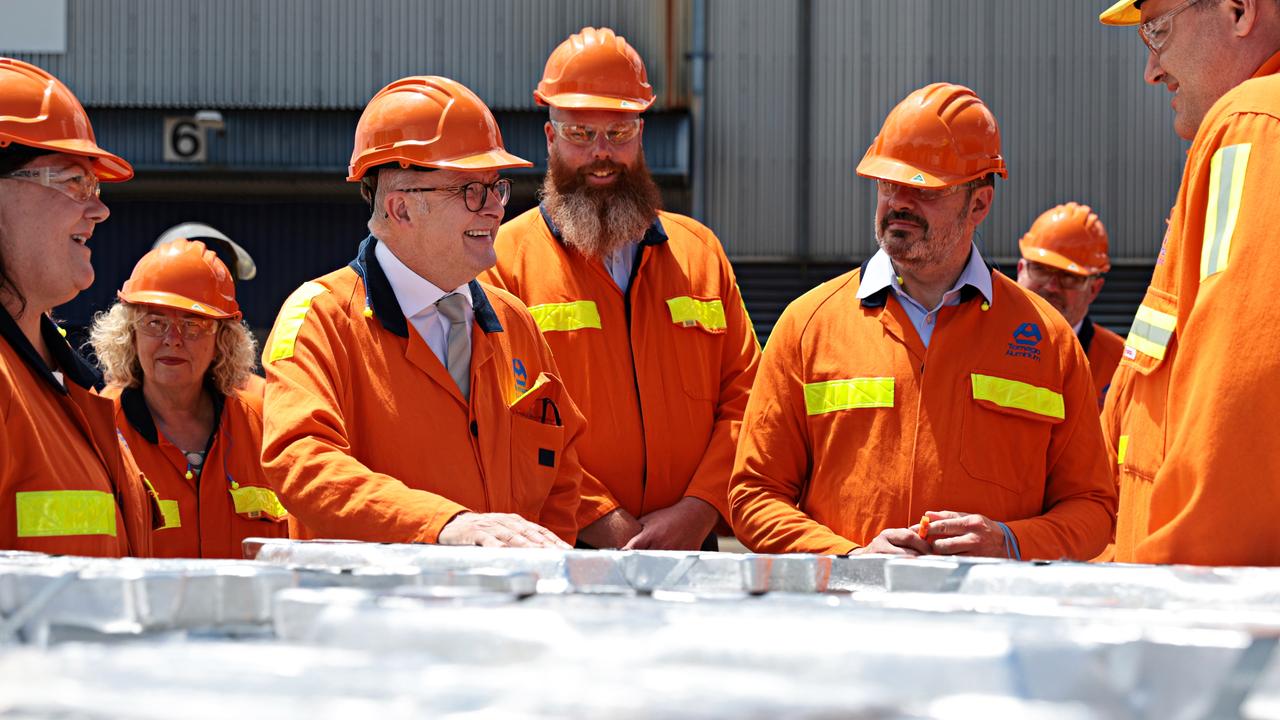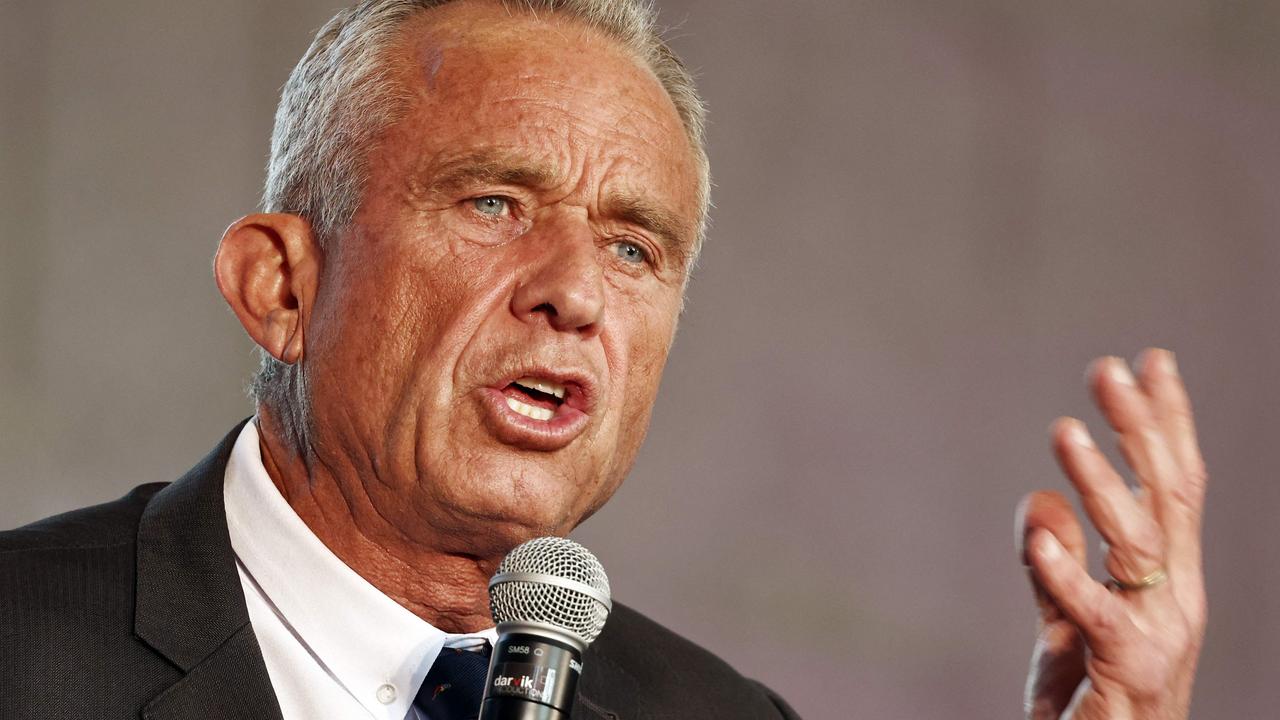RBA tardy on money laundering reform
Banks could have been more effective at identifying criminal behaviour if the RBA had moved quickly on a payments standard.
The major banks’ anti-money laundering systems could have been more effective at identifying criminal behaviour if the Reserve Bank had moved quickly on widespread implementation of an updated global payments standard.
The RBA is yet to lock down a broad implementation date for the new International Organization for Standardisation (ISO) 20022 payments messaging standard, despite acknowledging it links more data to fund flows, and fraud and financial crime management. ISO 20022 upgrades an earlier standard — including that payment messages carry more data — and has already been implemented in more than 30 countries, including Switzerland, Japan, China and India. Some have conducted full implementation while others are updating in stages.
The RBA released an information paper on the new standard in April, highlighting the benefits, including efficiency in the detection of fraud and financial crime management.
“The expansion and addition of information fields can help to facilitate payment tracking and verification, which can assist in the mitigation of fraud and other financial crimes,” the central bank said.
“The use of highly structured ISO 20022 fields also supports greater automation of a number of compliance activities (eg: Anti-Money Laundering/Counter-Terrorism Financing [AML/CTF] monitoring and sanctions screening).”
Westpac last month became the latest major bank to become entangled in a money laundering scandal, after the financial crimes regulator Austrac alleged it breached the law 23 million times and facilitated payments relating to child exploitation.
The scandal claimed the job of chief executive Brian Hartzer and has brought forward the exit of chairman Lindsay Maxsted.
The Austrac action against Westpac — which follows Commonwealth Bank paying a $700m penalty to the regulator last year — has turned the spotlight on banks’ systems and how Australia is tackling the financial crimes issue. After seeking feedback on its ISO 20022 information paper, the RBA is working on a response to industry consultations and will make a decision on the timeline for implementing the standard early next year.
McLean Roche Consulting’s Grant Halverson said the new ISO standard would assist domestic banks to more quickly identify suspicious activity, and could have aided Westpac’s ability to detect payments linked to suspected criminals if it had been implemented earlier.
“The new ISO standard requires banks to have all their systems able to deal with real time transactions, with considerably more detailed information and also allows the development of AI (artificial intelligence) real-time reporting,” he said.
“This also allows regulators to compel all points in the AML/CTF chain to run real-time reporting ... and banks are carefully scrutinised to demonstrate their capabilities.” The RBA’s information paper said it was “an appropriate time to consider adoption of the ISO 20022 standard” with the aim for the project to be complete by the end of 2024.
It also noted the Bank of England planned to migrate domestic payment systems by 2024, while the European Central Bank would have consolidated its systems in 2021.
The RBA has, however, implemented ISO 20022 for the more limited New Payments Platform, which was set up to facilitate real-time payments between the domestic bank accounts of customers transferring each other money.
Austrac has ramped up its enforcement activities in the past two years, but Australia is still viewed as a laggard in global anti-money laundering and counter-terrorism financing regulation.
Australia is yet to implement a key tranche of global regulation that captures real estate agents, lawyers, accountants and conveyancers and forces those industries to report suspicious transactions.
Separately, head of banking and financial services at Macquarie Group, Greg Ward, on Friday said he reassessed the firm’s financial crime surveillance systems after the Westpac action was made public.
“We will look at whether there is anything that we can learn,” he told a parliamentary committee.
Mr Ward said Macquarie didn’t have any outstanding matters with Austrac that he was aware of, and the bank was only a small player in cross-border payments.
Still, he said he received briefings on surveillance reporting every month.
“I actually meet with our team every month on our suspect matter reporting to see whether there are any trends in this that might tell us that there are certain clients that maybe we just don’t want to deal with.”



